

Maintaining the health of their dog, cat, bird, small mammal, fish or reptile is a matter close to the heart of pet owners. It’s no surprise to anyone, therefore, that the market for healthcare products is growing steadily.
First it is important to distinguish products in the specialist field of pet health. On the one hand, there are products with added benefits to aid and promote pet health, starting with food supplements for joint health and ending with chews and treats with dental care properties, for example. Looking at the international pet supplies trade, these products represent a steadily growing proportion of the range. Customers are happy to buy them to do their pet some good. Nutritional experts argue over whether any benefit actually exists; but as long as they don't harm the pet and they bring retailers trade, then it's OK.Just what pet owners are permitted to buy for their pets varies according to the legislation in each country. For example, far more products of a pharmaceutical nature can be sold freely in many eastern European countries than in more strongly regulated countries such as Germany, France and England.The marketIn the pet healthcare industry as a whole, no direct distinction is drawn between working animals and pets. Biological products are produced primarily to increase the immunity of the body, ant-infection products as therapeutic products to combat infectious diseases, anti-parasite preparations for combating parasites on and in the host, pharmaceutical specialities as a collective term for maintaining the health of animals (e.g. cardiovascular preparations, vitamins and hormones) and food supplements for improving feed conversion and to prevent diseases caused by coccidia. Pharmaceuticals for animals used in the production of food are subject to even more stringent regulations.Globally, products for pets account for a share of around 21 per cent of the overall market for pharmaceutical products. Looking at the global market shares, Europe as a whole accounts for roughly 36 per cent, North America for 33 per cent, Latin America for 12 per cent, the Far East for 15 per cent and the rest of the world for three per cent of a total volume equivalent to just over € 15 bn. By comparison, global sales of human pharmaceutical products amount to well over € 500 bn, although the market for pet pharmaceuticals is growing stronger and faster worldwide.Focus on petsA pharmaceutical product can only be used on an animal if it is licensed for that particular species and the disease to be treated. A product licensed only for dogs, for example, cannot be used on cattle. A topic of continuous interest in the pet supplies trade over the years is dental hygiene…
Related articles
Read also

 Menü
Menü

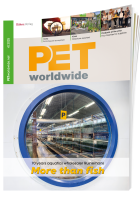




 3/2013
3/2013
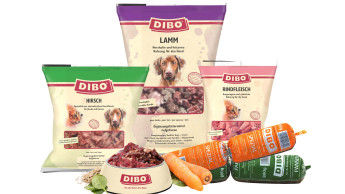



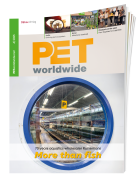

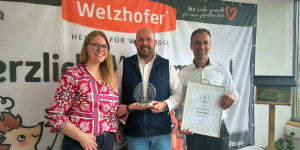


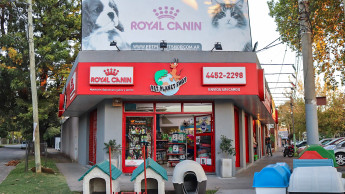


 Newsletter
Newsletter